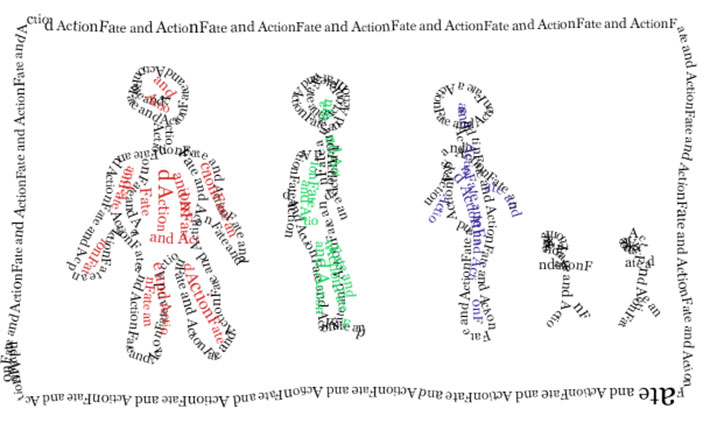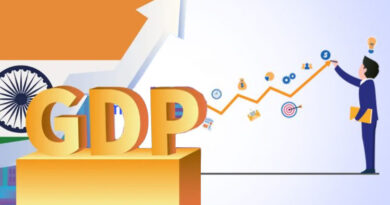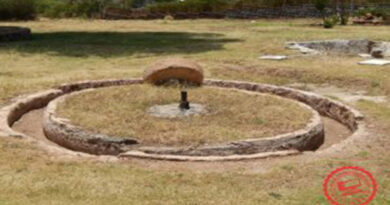Exploring the Relationship Between Destiny and Effort: A Philosophical Perspective

It is often said that the lines of fate cannot be erased. What is meant to happen will happen, and destiny cannot be avoided. In the Bhagavad Gita, it is stated, “Perform your duties without any expectation of the results.” The outcomes will be as per the actions. Everything in life is predetermined. Some lives are filled with constant struggles, sorrow, and suffering.
The shadow of happiness is fleeting, like a dream, which we call destiny. Meanwhile, some people’s lives appear happy. The human body will have diseases and suffering, but this does not mean one is unhappy. Many people are affected by congenital physical and mental deformities. Only God is perfect; everyone else is imperfect.
So, how can humans be blamed for any actions? This concept is beyond understanding. Humans themselves are confused about the relationship between fate and action. When an accident or misfortune occurs, the person is blamed. On the other hand, it is believed that God has written fate. If fate dictates actions, then humans are not guilty as they are merely acting according to what is written in their fate.
The birth and death of every person are certain. Humans somehow reach the predetermined place and time where an event is meant to happen. The cooperation and timing of any task are also predetermined.
Not even a leaf moves without God’s will, so why do humans have to endure so much struggle and suffering? A struggling and sorrowful person is merely surviving, not living, because one lives only when there is happiness and peace. When there is constant pain and failure, life loses its charm. In such situations, happiness moves far away from life. Willpower weakens. Mere breathing cannot be considered living.
It is impossible to fulfill all desires, and humans understand this well, but they deserve some happiness even if they are only receiving sorrow and pain. This imbalance strengthens the feeling of dissatisfaction and increases the suffering. A sorrowful person feels even more distressed and starts to wonder why, if they are suffering the consequences of past actions, they received the rare human form without having done a single good deed in the past life.
This means that both fate and action lead humans towards effort. Because humans are unaware of both. They cannot read fate, and they do not know the results of actions. At the time of decision-making, various paths come before them, and choosing the right path leads to achieving the goal.
In these dilemmas, humans choose the path with their discretion and start walking on the path of action, hoping for a good outcome. If they succeed, the effort was in the right direction and manner, which provides self-satisfaction and motivates them for further effort. However, if they fail, they accept it as fate and move towards action again.
It is certain that humans do not know fate or action, but both provide self-satisfaction. Therefore, considering human life as a journey, struggling with various obstacles and problems, and crossing this worldly sea is the reality and the best course of action because there is no provision in nature to take anything along.
We have to pay for what we receive and use from nature. Human breaths are also counted, and the only way to repay this debt is through struggle and effort. Hence, the relevance of both fate and action lies in humans harmonizing with circumstances, actively fulfilling their roles, and completing the cycle of life.
The author is a literary figure and regularly writes on contemporary topics.




